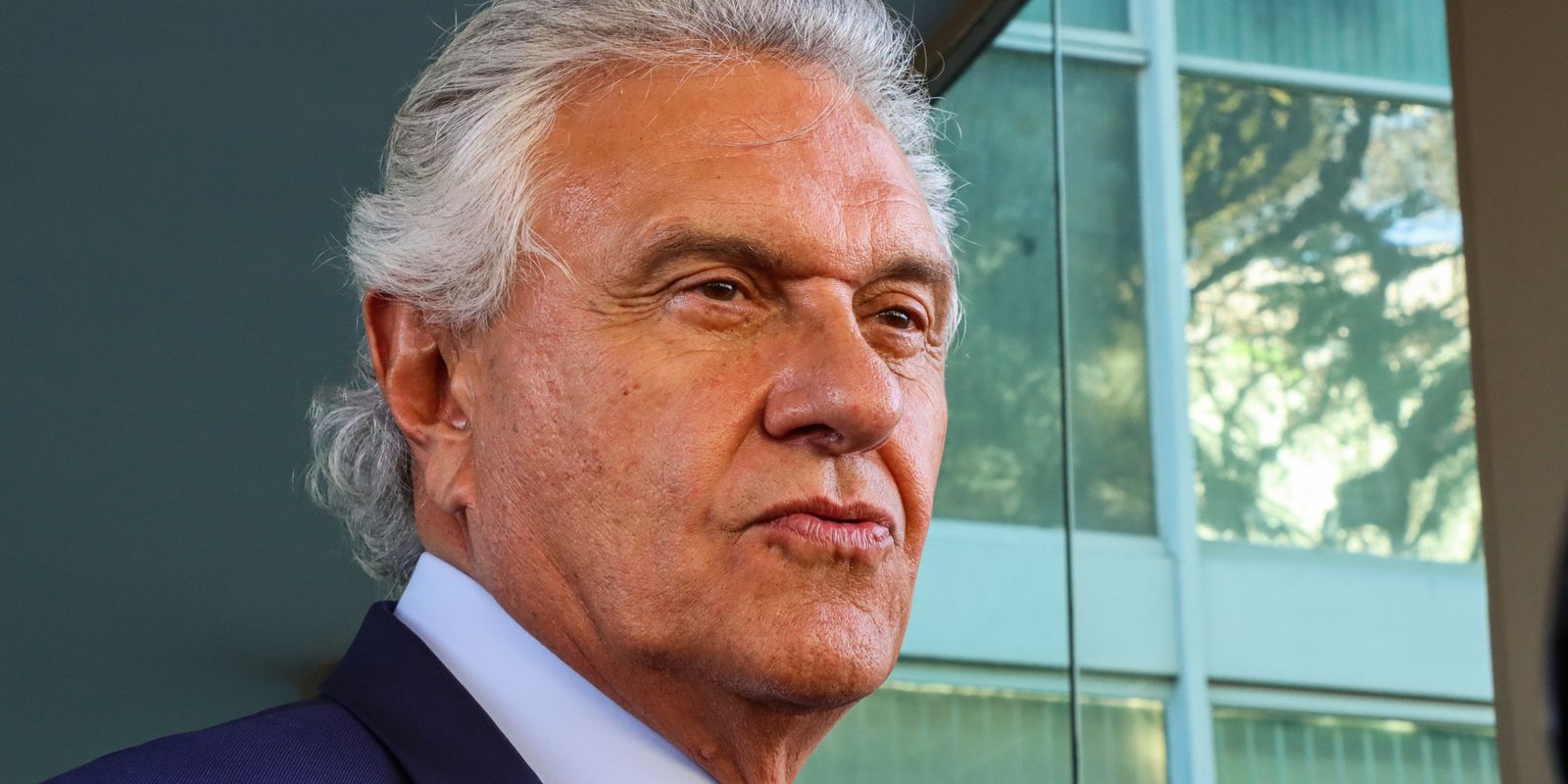The governor of Goiás, Ronaldo Caiado, appointed doctor Márcio de Paula Leite as state intervener in public health in Goiânia. Auditor at the City Hall of Aparecida de Goiânia and an emergency physician at an Integrated Health Care Center (Cais) in the capital of Goiás, Leite was appointed to Caiado by the elected mayor Sandro Mabel, who will command the municipality from January 2025.
“I gave complete freedom to the elected mayor so he could look for someone,” Caiado declared to journalists, after participating in the meeting of the Governors Forum, this Tuesday morning (10), in Brasília.
The Special Body of the Court of Justice of Goiás (TJ-GO), responding to a request from the Public Ministry of Goiás (MP-GO), approved, this Monday (9), unanimously, the intervention of the state government in the public health management in Goiânia. In its decision, the collegiate established that, until the 31st, when the current municipal administration ends, the intervenor appointed by the governor “will have complete freedom to exercise his duties and immediately initiate the necessary actions to reorganize the system of health”.
When asking the Court to authorize state intervention, the MP-GO pointed out serious structural, administrative and financial problems in the municipal health system. Problems that, according to the governor of Goiás himself, will require time, effort and investment.
“The abuse is too great. They destroyed health. That can’t be fixed [em um curto espaço de tempo]. It will be a topic for more than a year. This is a matter of great effort”, stated Caiado, guaranteeing support not only to the intervener, but also to the future municipal government team.
Still according to the decision of the Goiás Court, as soon as Mabel and her team take over, the designated intervener must present a detailed report of the measures adopted during her 21-day administration.
The new mayor must present to the Court, within 90 days, a management plan to resolve deficits in the health system. The TJ-GO also created a mediation table to deal with liabilities with service and product suppliers, as payments can only be made upon proof of the legitimacy of the debts, preventing public resources from being used to pay off undue bills.
When recommending that the TJ-GO accept the MP-GO’s request, the case’s rapporteur, judge Jeronymo Pedro Villas Boas, highlighted that the reports that the prosecutors presented highlight the precariousness of essential services, such as the lack of medicines, basic supplies and of person, including in maternity wards and emergency care units.
“There is no way not to recognize the urgency of this measure. The situation [na saúde de Goiânia] it is heading towards calamity if there is no immediate intervention”, highlighted the judge in his vote.
The municipality’s attorney general, José Carlos Issy, argued that the situation did not require intervention. According to him, “the intervener will not be able to change the situation, because in fact the municipality does not have resources”.
The intervention takes place two weeks after the municipal secretary of Health, Wilson Pollara; the executive secretary of the department, Quesede Ayres Henrique, and the financial director of the department, Bruno Vianna Primo, were temporarily arrested as part of the MP-GO’s Operation Comorbidity, which investigates alleged irregular payments in administrative and association contracts criminal.
According to the MP-GO, those investigated joined forces to “repeatedly commit crimes, granting advantages in contracts, causing harm to the public administration”. Added to the non-compliance with court decisions that sought to remedy possible administrative failures, including those related to the transfer of funds intended for the maintenance of municipal hospitals and maternity wards, the arrest of members of the ministry’s leadership intensified a crisis that, according to prosecutors, has been a long time coming, having resulting in “a scenario of collapse in the local public health system, characterized by systematic violations of the fundamental rights to life and health, in addition to repeated non-compliance with court decisions”.
On the same day that Operation Comorbidity was launched, November 27, the dental surgeon specializing in collective health and public servant Cynara Mathias Costa took command of the Municipal Health Department in Pollara’s place. However, she resigned just a week later, giving way to administrator specialist in health management and public policies Pedro Guilherme Gioia de Moraes, who took office on December 5th.















